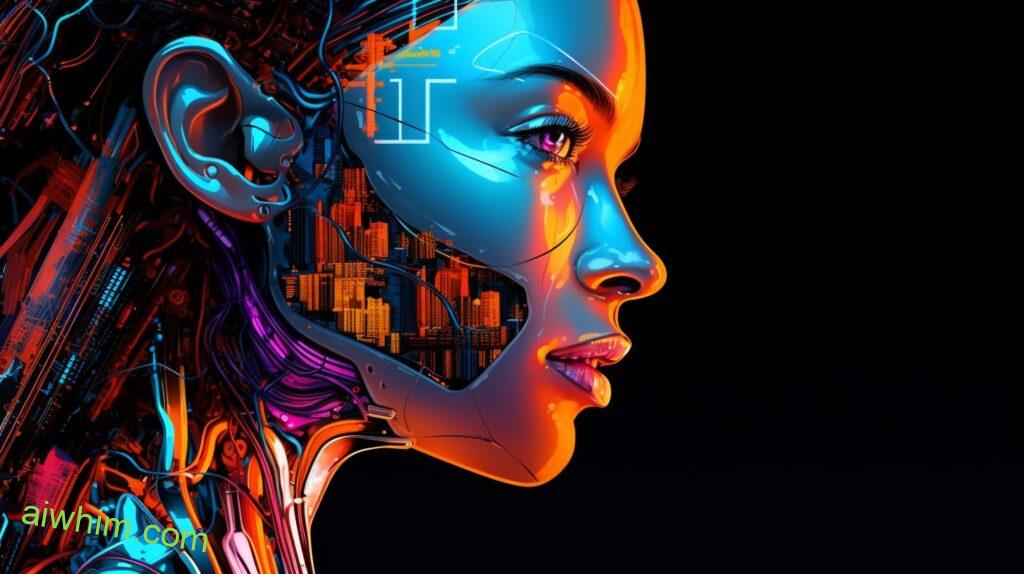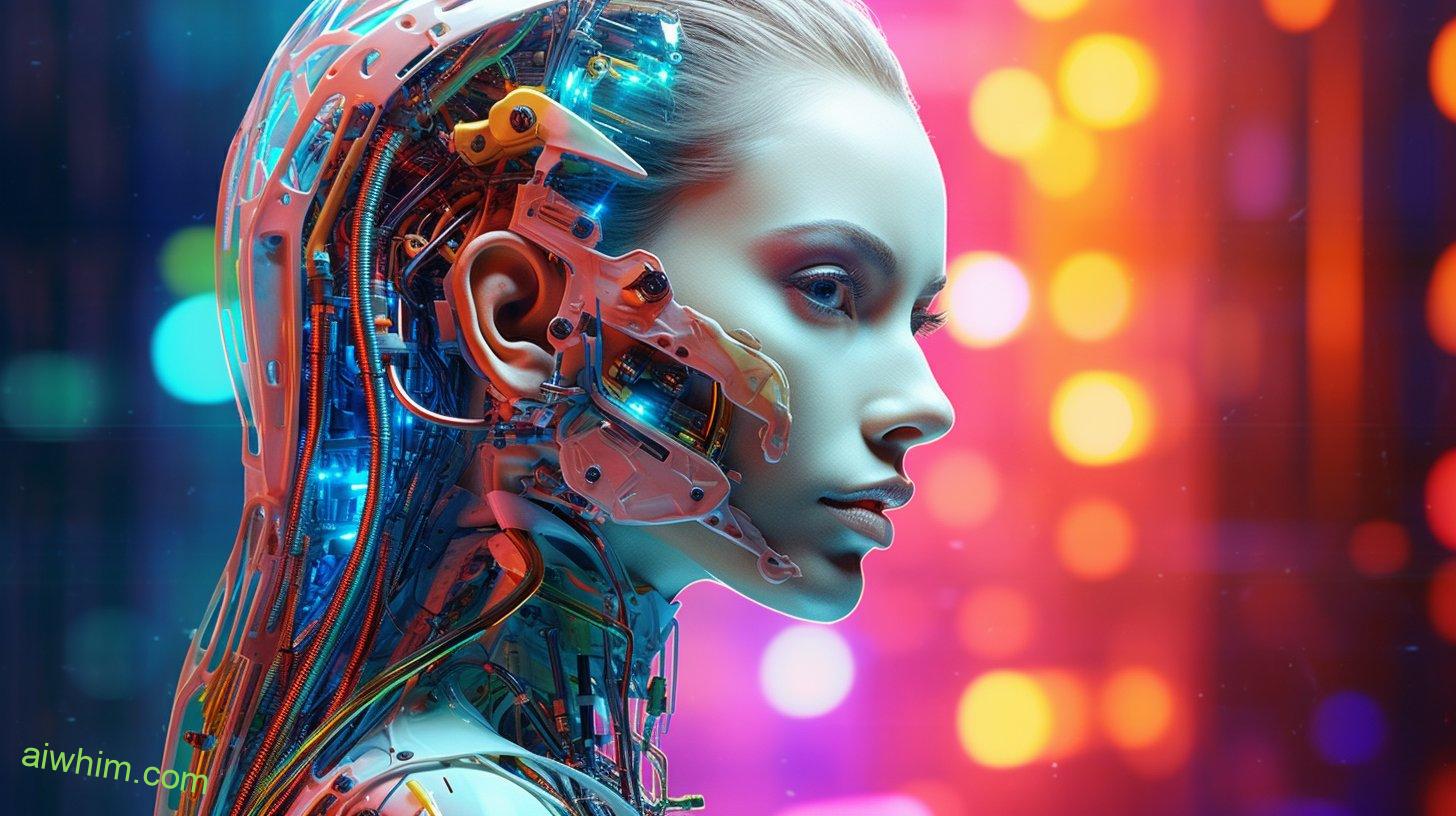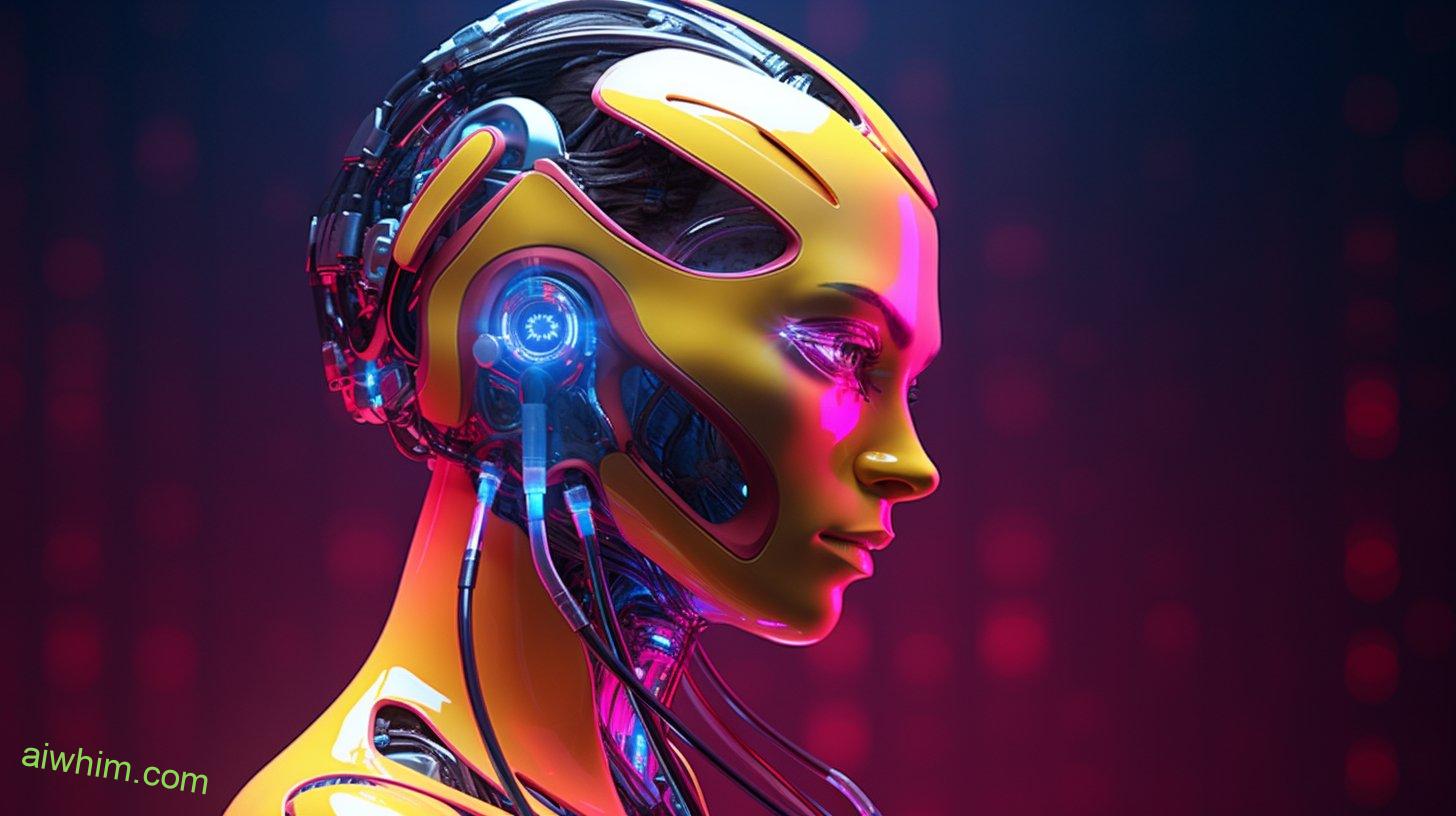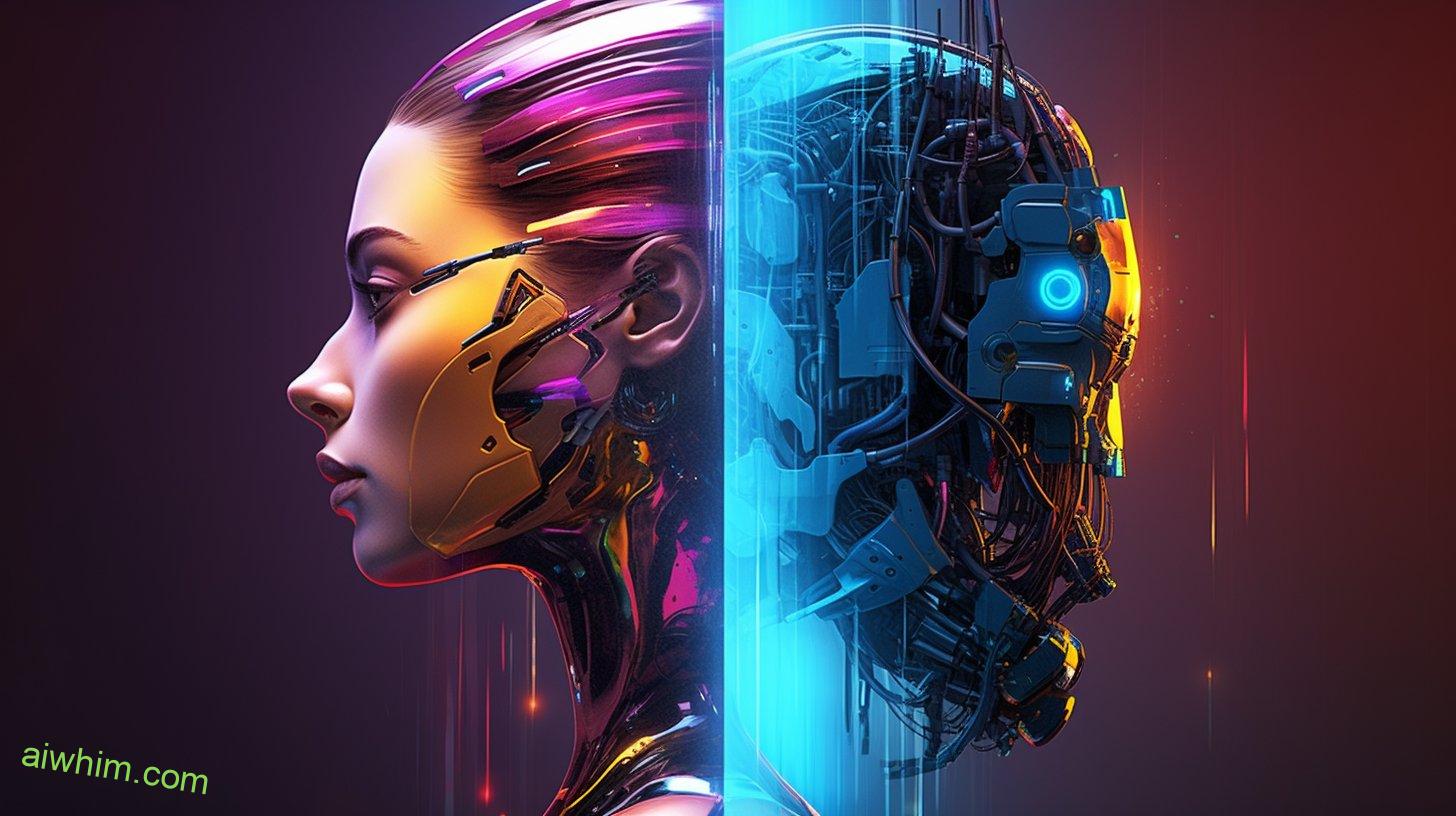Are you ready to embrace the future? Discover how AI is transforming early childhood education.
In a world where technology is advancing at a rapid pace, the question arises: will AI render kindergarten teachers obsolete?
Join us on a journey of exploration as we delve into the role of AI in the classroom, the benefits it offers, and the ethical considerations that come with it.
Get ready to redefine the way we educate our young ones.
Key Takeaways
- AI technology enhances teaching methods and provides personalized learning experiences.
- AI cannot replace the human connection and emotional needs that teachers provide.
- Advancements in AI technology increase efficiency by streamlining administrative tasks.
- AI provides personalized learning by analyzing students’ patterns and offering recommendations.
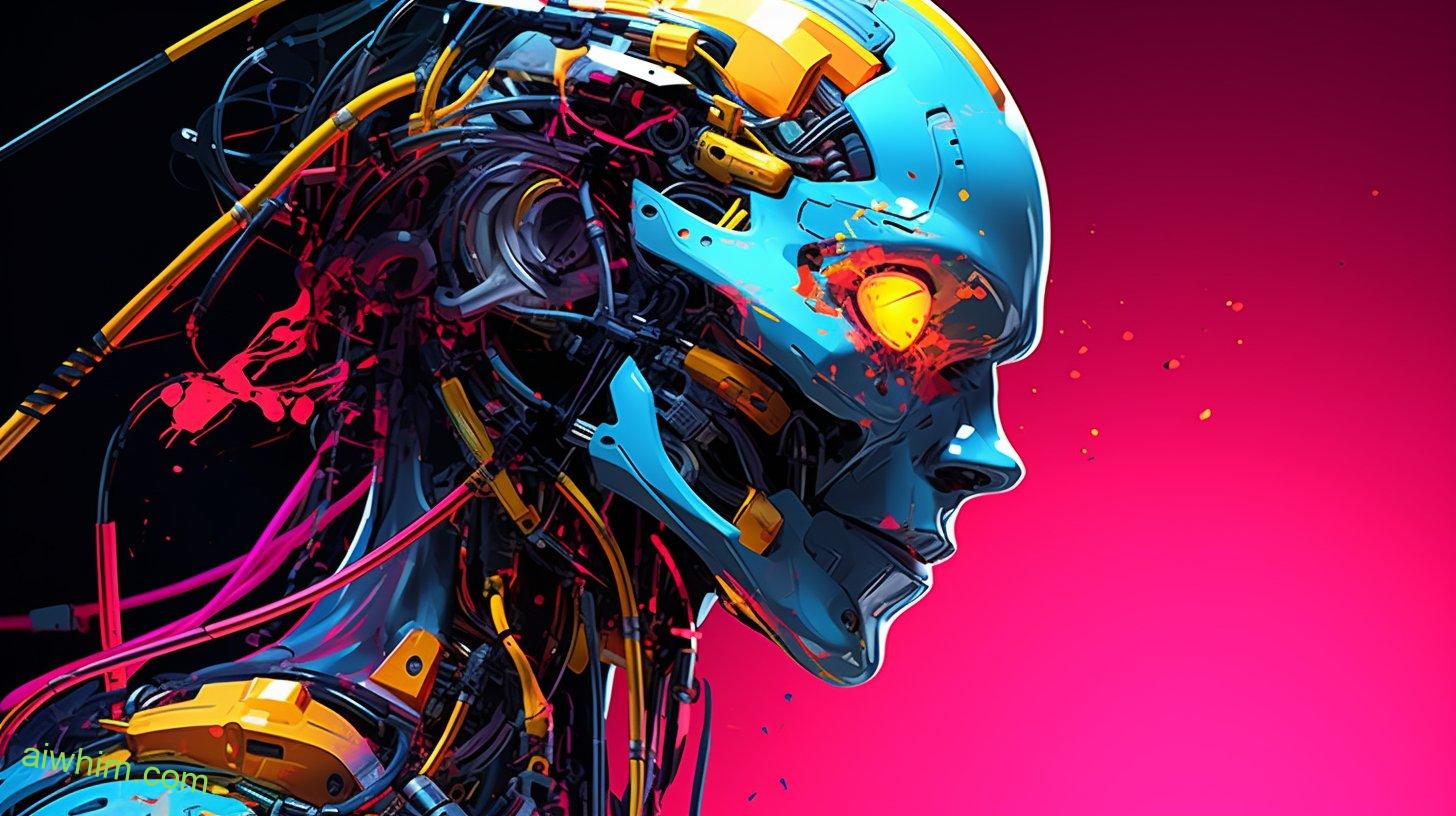
The Role of AI in Early Childhood Education
AI won’t render you, as a kindergarten teacher, obsolete in early childhood education. In fact, it can bring numerous advantages to your classroom. With AI technology, you can enhance your teaching methods and provide personalized learning experiences for each child. AI-powered educational tools can adapt to the individual needs and pace of each student, ensuring that no child is left behind.
One of the main advantages of AI in early childhood education is its ability to provide instant feedback. AI can analyze students’ responses and provide immediate feedback, allowing you to address misconceptions and reinforce learning in real-time. This saves you time and enables you to focus on other aspects of teaching, such as building relationships and fostering social-emotional development.
Another advantage of AI is its ability to provide interactive and engaging learning experiences. AI-powered educational games and applications can make learning fun and exciting for young children. Through interactive activities, children can develop critical thinking skills, problem-solving abilities, and creativity.
However, it’s important to recognize the limitations of AI in early childhood education. AI can’t replace the human connection that you, as a kindergarten teacher, provide. Your warmth, empathy, and ability to build relationships are essential in creating a safe and nurturing environment for young learners. Additionally, AI may not be able to fully understand and respond to the complex emotional needs of children.
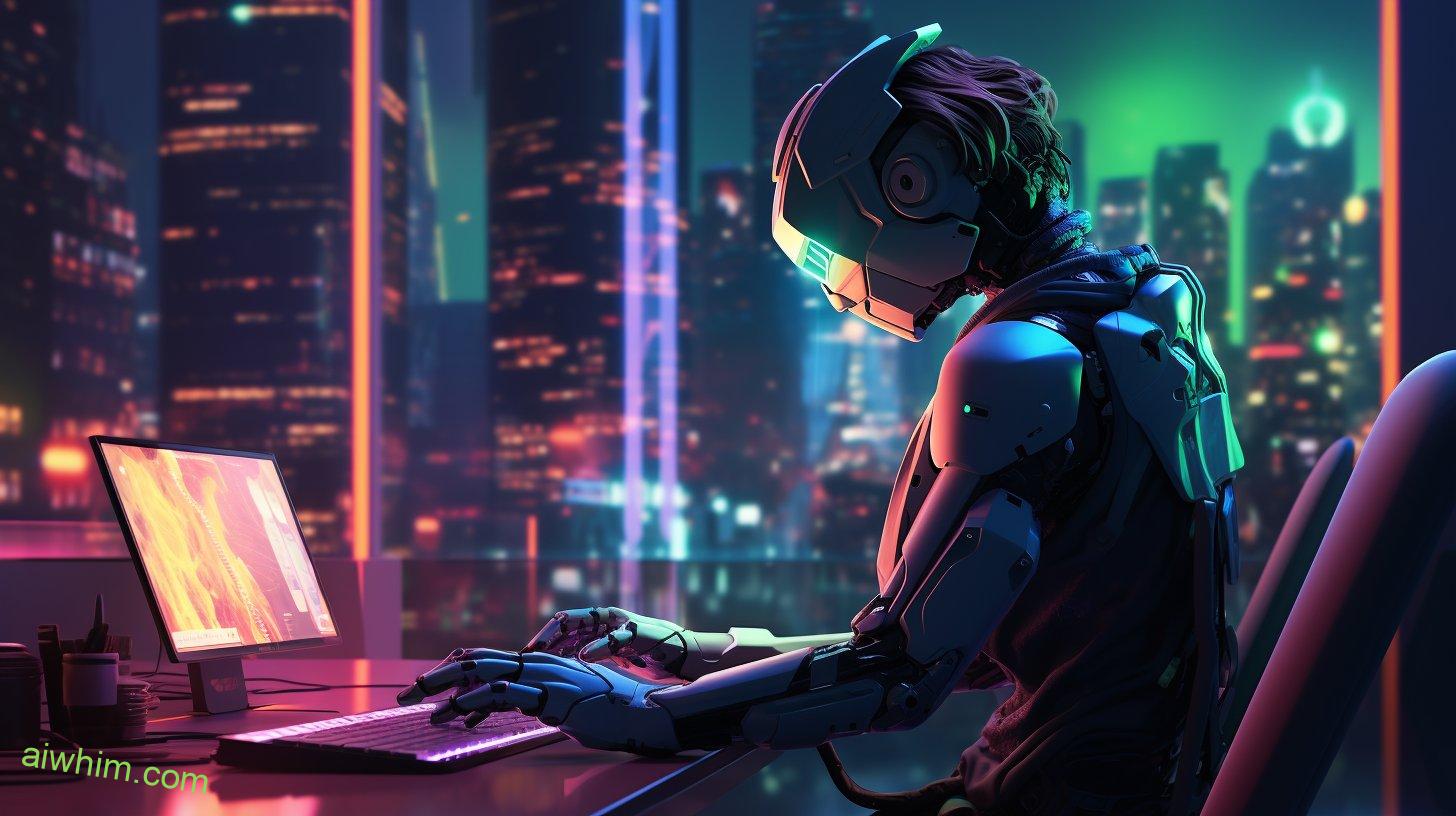
Advancements in AI Technology
You might be surprised by how advancements in technology are impacting the role of educators in early childhood education. With the rapid advancements in AI technology, the job market for educators is experiencing significant changes. Here’s how these advancements are impacting the field:
- Increased efficiency: AI technology enables educators to streamline administrative tasks, allowing them to focus more on teaching and engaging with students. Automated grading systems and data analysis tools free up valuable time, making educators more efficient in their roles.
- Personalized learning: AI technology can analyze students’ learning patterns and provide personalized recommendations and feedback. This individualized approach helps educators tailor their teaching methods to meet the specific needs of each child, fostering a more effective learning environment.
- Enhanced collaboration: AI technology facilitates collaboration among educators, enabling them to share resources, ideas, and best practices. Online platforms and virtual communities create a network of support, allowing educators to learn from each other and continuously improve their teaching methods.
- Job creation and transformation: While there are concerns about AI technology replacing educators, it’s more likely to transform their roles rather than render them obsolete. Educators will need to adapt their skills to work alongside AI technology, focusing on areas that require human interaction, empathy, and creativity.
These advancements in AI technology have undoubtedly reshaped the early childhood education landscape. Instead of replacing educators, technology has the potential to augment their roles, making them more effective and efficient in providing quality education to young learners. Embracing these advancements can lead to a brighter future for both educators and students.
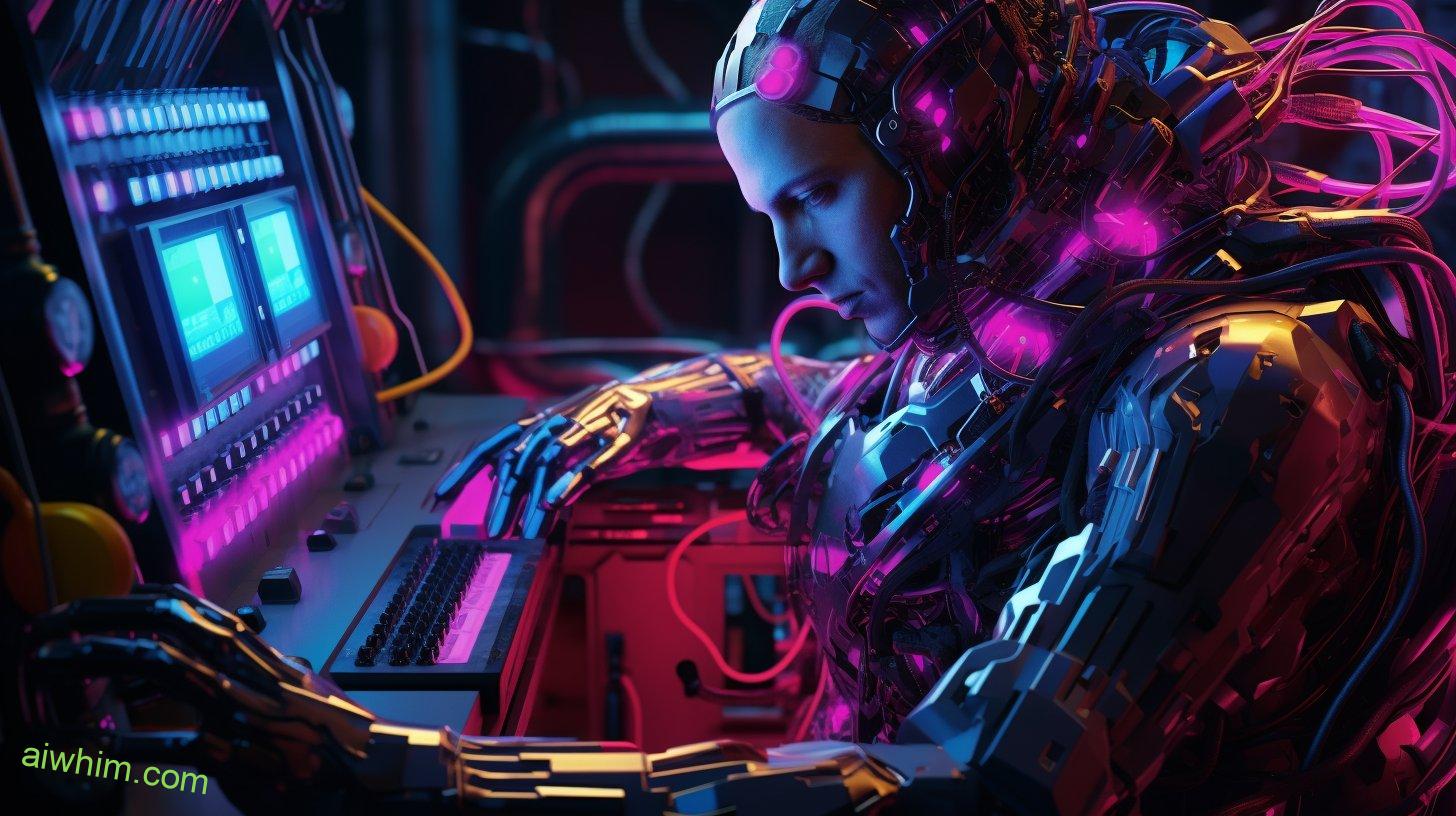
Machine Learning in Kindergarten Classrooms
Incorporating machine learning into kindergarten classrooms can revolutionize early childhood education, providing students with personalized learning experiences tailored to their individual needs. Machine learning applications in AI can help create a more interactive and engaging environment for young learners, allowing them to explore and discover at their own pace.
With machine learning, teachers can gather data about each student’s strengths and weaknesses, enabling them to develop customized lesson plans that address specific areas of improvement. This individualized approach ensures that no child is left behind and that every student gets the attention they need to thrive.
AI in early childhood also offers the opportunity for real-time feedback and assessment. Machine learning algorithms can analyze students’ responses and progress, providing instant feedback that helps them understand their mistakes and learn from them. This constant feedback loop encourages a growth mindset, promoting a sense of autonomy and ownership over their learning journey.
Furthermore, machine learning can assist in identifying learning patterns and preferences, allowing teachers to adapt their teaching strategies accordingly. By understanding how each student learns best, educators can create a diverse range of activities and materials that cater to different learning styles, promoting a more inclusive and engaging classroom environment.
However, it’s important to note that while machine learning can enhance early childhood education, it shouldn’t replace the role of teachers. Educators play a vital role in guiding and nurturing young minds, offering emotional support and fostering social interactions. AI technology should be seen as a tool to augment their efforts, providing them with valuable insights and resources to create an even more enriching learning experience for their students.
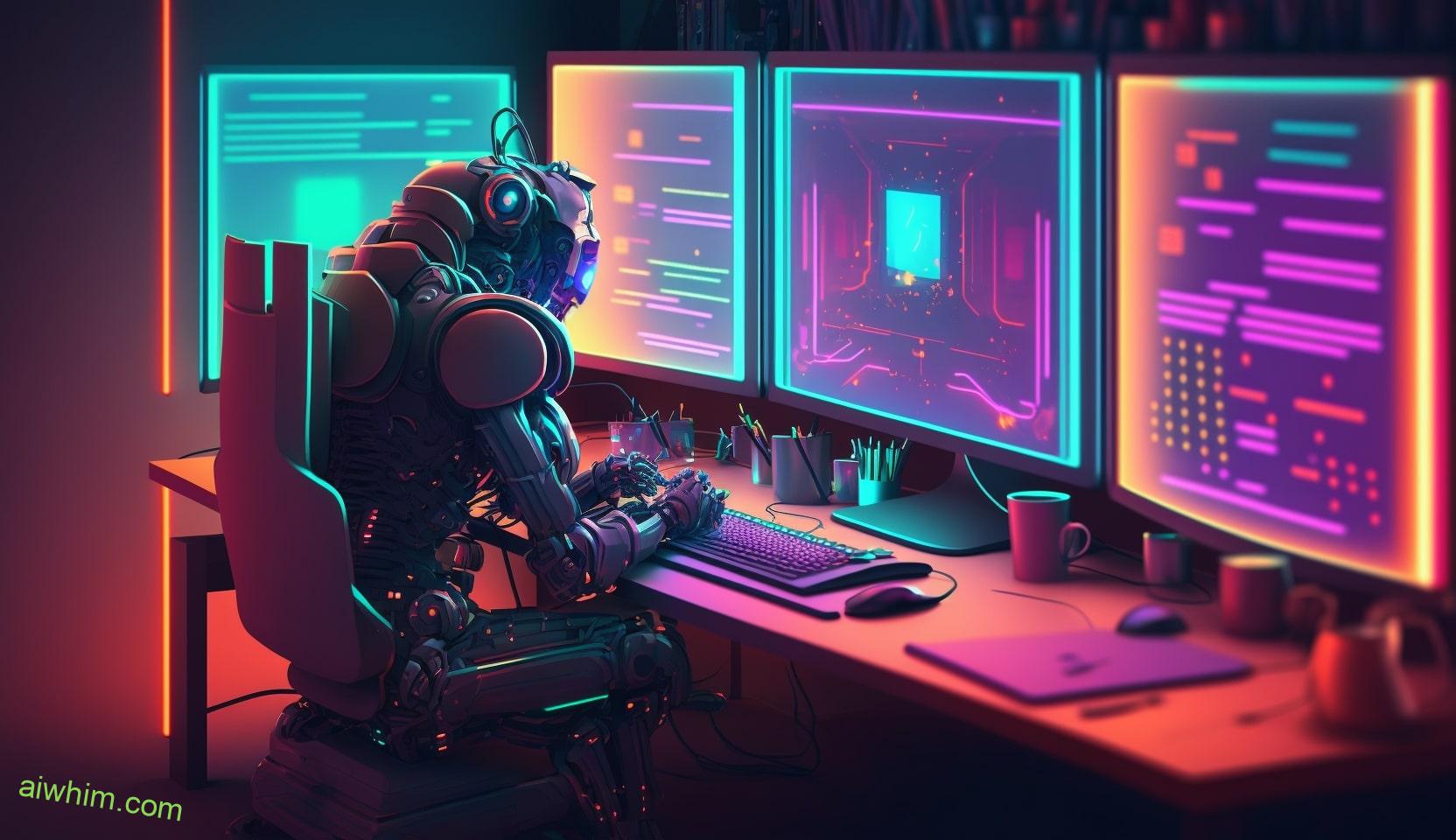
Natural Language Processing for Student Assessment
As a student, you can benefit from natural language processing in student assessment by receiving more accurate and detailed feedback on your written assignments. This technology has the potential to revolutionize the way your performance is evaluated, making the grading process more efficient and effective.
Here are four ways in which natural language processing can enhance your learning experience:
- Improved objectivity: Automated grading eliminates any biases that may exist in traditional grading methods, ensuring that your work is evaluated solely based on its merit.
- Immediate feedback: With natural language processing, you no longer have to wait days or even weeks to receive feedback on your assignments. The system can provide instant feedback, allowing you to learn from your mistakes and make improvements in real-time.
- Enhanced accuracy: Human graders may overlook certain errors or inconsistencies in your writing, but natural language processing can detect even the smallest mistakes, ensuring that you receive more accurate evaluations.
- Detailed analysis: Automated grading can provide you with a detailed analysis of your writing, highlighting areas where you excel and areas that need improvement. This feedback can help you identify your strengths and weaknesses, allowing you to focus on areas that require more attention.

Can AI Provide Individualized Instruction
With the advancement of AI technology, individualized instruction can be tailored to meet your specific learning needs and preferences. AI has the potential to revolutionize education by providing personalized instruction that caters to your unique abilities and interests. Gone are the days of a one-size-fits-all approach to learning. AI can analyze your data, including your performance, strengths, weaknesses, and learning style, to generate a personalized curriculum just for you.
Imagine a world where you no longer have to sit through hours of lectures that don’t resonate with you. With AI, your learning experience can be customized to align with your interests and goals. Whether you prefer visual aids, interactive activities, or hands-on experiments, AI can adapt the content to suit your preferences. You’ve the freedom to explore topics that excite you and delve deeper into areas where you need more support.
AI can also provide immediate feedback and guidance, allowing you to track your progress in real-time. No more waiting for teacher evaluations or grades; AI can assess your performance and provide tailored recommendations for improvement. This individualized feedback empowers you to take ownership of your learning journey and make informed decisions about your education.
Moreover, AI can offer personalized support and assistance whenever you need it. Whether it’s answering your questions, providing additional resources, or offering extra practice exercises, AI is available 24/7 to support your learning. You’ve the freedom to learn at your own pace, without the constraints of a traditional classroom setting.
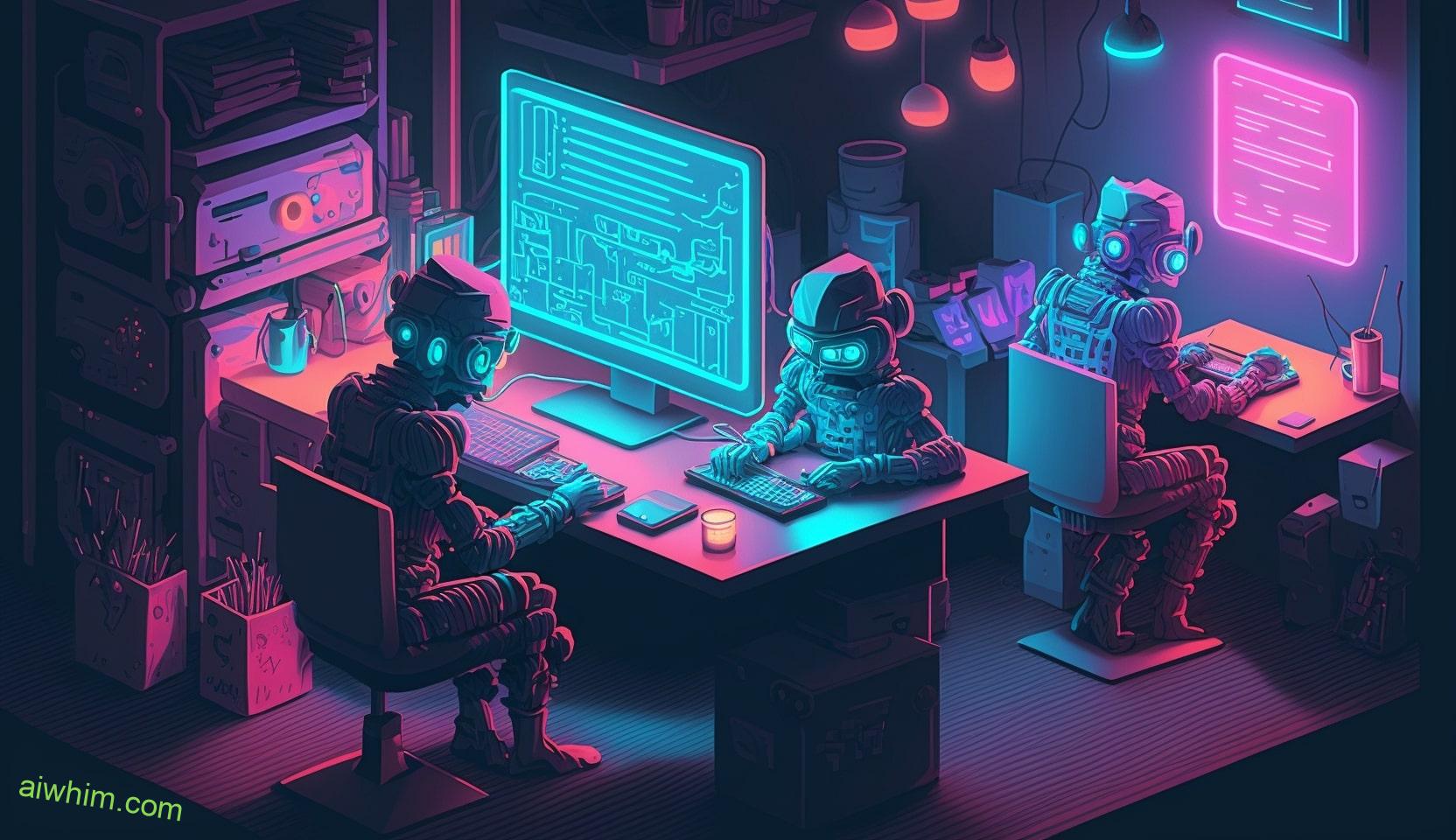
The Unique Qualities of Human Teachers
Now let’s talk about the unique qualities that human teachers possess. You might be wondering why these qualities are important when considering the role of AI in education. Well, let me tell you, there’s something special about human teachers that can’t be replicated by machines.
First and foremost, human teachers bring emotions into the classroom. They’ve the ability to empathize with their students, understand their needs, and provide support. This emotional connection creates a safe and nurturing environment, where students feel valued and understood.
Secondly, human teachers understand the importance of social interaction in learning. They foster collaboration and teamwork among students, encouraging them to share ideas and learn from one another. This kind of interaction not only enhances academic growth but also develops crucial social skills that are essential for success in the real world.
Now, let me engage you with a bullet list to highlight the unique qualities of human teachers:
- Emotional Intelligence: Human teachers bring empathy, compassion, and understanding to the classroom, creating a supportive environment for students to thrive.
- Adaptability: They can adjust their teaching methods to cater to the individual needs and learning styles of each student, ensuring that no one is left behind.
- Creativity: Human teachers have the ability to think outside the box and come up with innovative ways to engage students and make learning more exciting.
- Inspiration: They’ve the power to ignite a passion for learning within their students, motivating them to explore new ideas and reach their full potential.
These qualities make human teachers irreplaceable. They play a vital role in shaping not just the academic growth but also the emotional and social development of students. So, while AI may have its benefits, it’s clear that human teachers bring something unique and invaluable to the table.
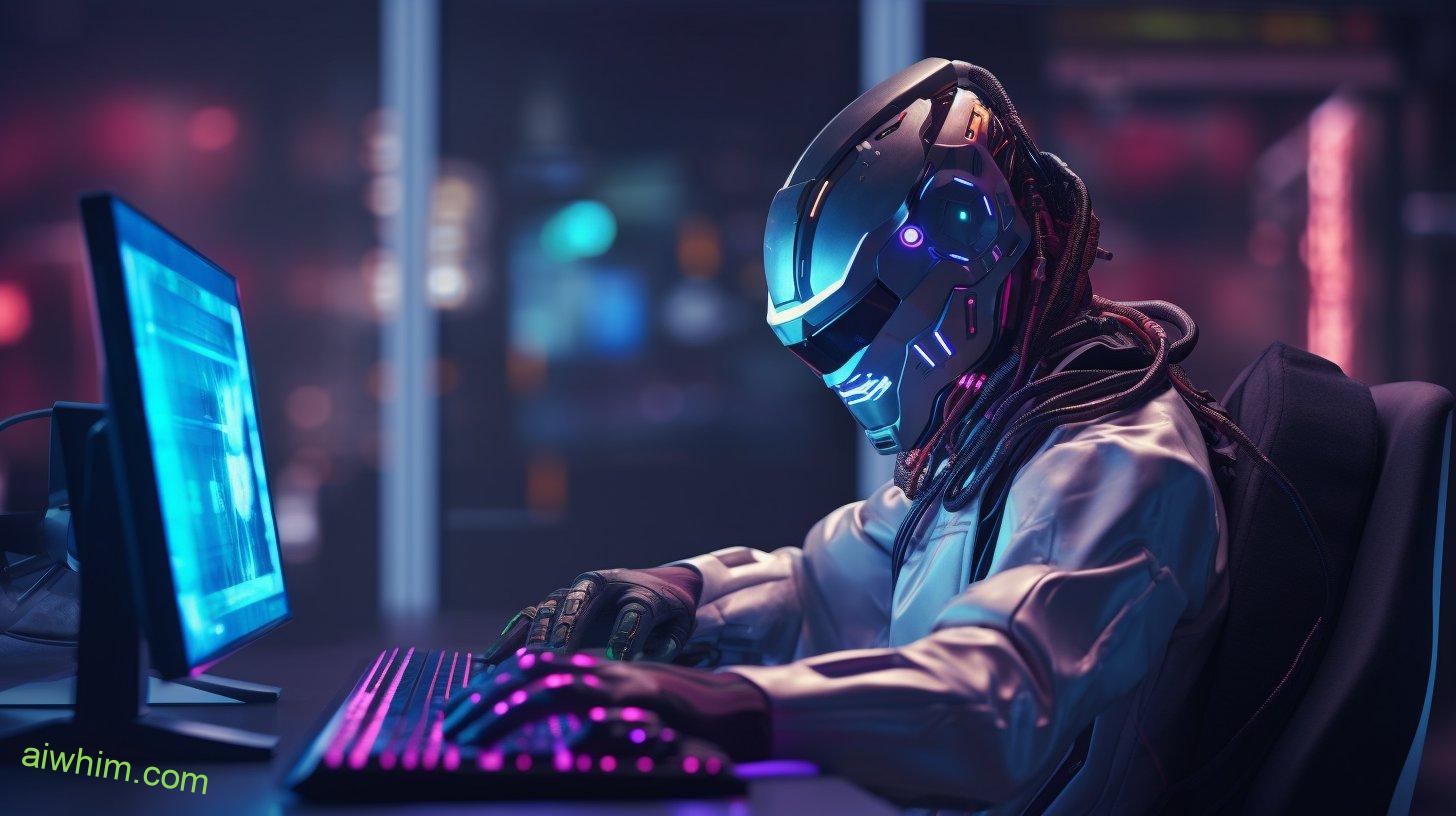
The Importance of Empathy in Early Childhood Education
You might be wondering why empathy is crucial in early childhood education. Well, let me tell you, my friend, empathy development in early childhood is a fundamental aspect of building social skills in young children. In this fast-paced world, where technology seems to be taking over every aspect of our lives, it’s more important than ever to cultivate empathy in our little ones.
Empathy is the ability to understand and share the feelings of others. It allows children to connect with their peers on a deeper level and develop meaningful relationships. When children learn to empathize, they become more compassionate and understanding individuals. They learn to put themselves in someone else’s shoes and see the world from a different perspective.
By incorporating empathy into early childhood education, we’re giving our children the tools they need to navigate the complexities of human relationships. They learn to recognize and respond to emotions, to show kindness and support, and to resolve conflicts peacefully. These skills aren’t only essential for their personal growth but also for creating a harmonious and inclusive society.
Furthermore, empathy helps children develop strong communication skills. When they can understand and relate to others’ emotions, they’re better equipped to express their own thoughts and feelings effectively. This ability to communicate and connect with others is vital for success in all areas of life, both personal and professional.
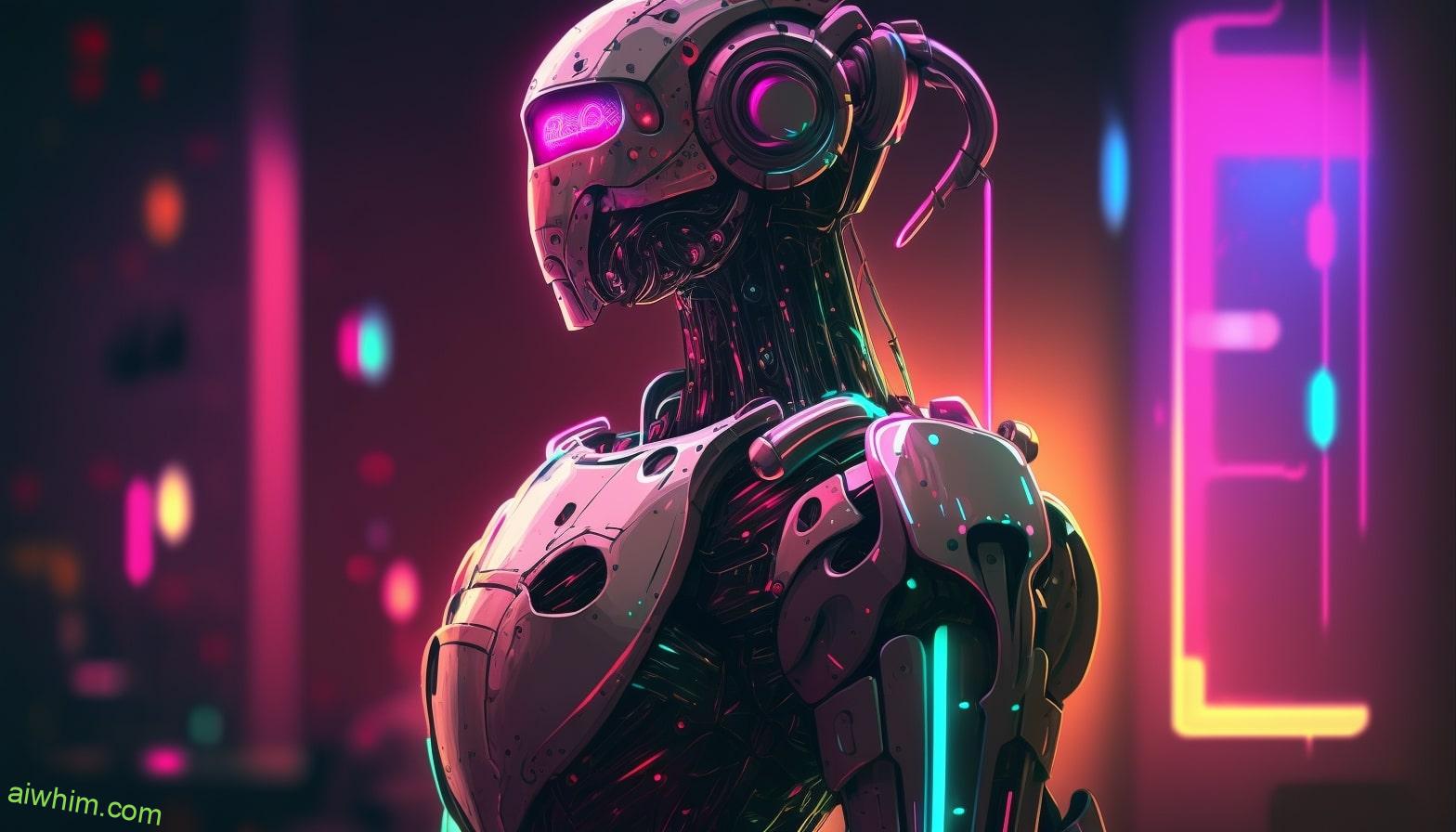
Harnessing Creativity in Kindergarten Teaching
Let me tell you, fostering creativity in kindergarten teaching is essential for nurturing a love for learning and encouraging critical thinking skills in young children. In a world where imagination knows no bounds, it’s crucial to harness the power of creativity to inspire young minds. So, how can we encourage creativity in kindergarten classrooms? Here are some ideas for you:
- Provide open-ended materials: By offering a variety of materials like blocks, art supplies, and dress-up clothes, you allow children to explore and create without limitations. This freedom encourages their imagination to soar.
- Allow for unstructured playtime: Play is the language of children, and it’s through play that they learn and develop. By giving them the time and space to engage in unstructured play, you’re fostering their creativity and encouraging them to think outside the box.
- Incorporate storytelling: Storytelling is a powerful tool that taps into children’s imaginations. By reading stories and encouraging them to create their own narratives, you’re promoting creative thinking and language development.
- Embrace curiosity and experimentation: Encourage children to ask questions, explore, and try new things. By embracing their curiosity and allowing them to experiment, you’re fostering their creativity and teaching them that there are no wrong answers.
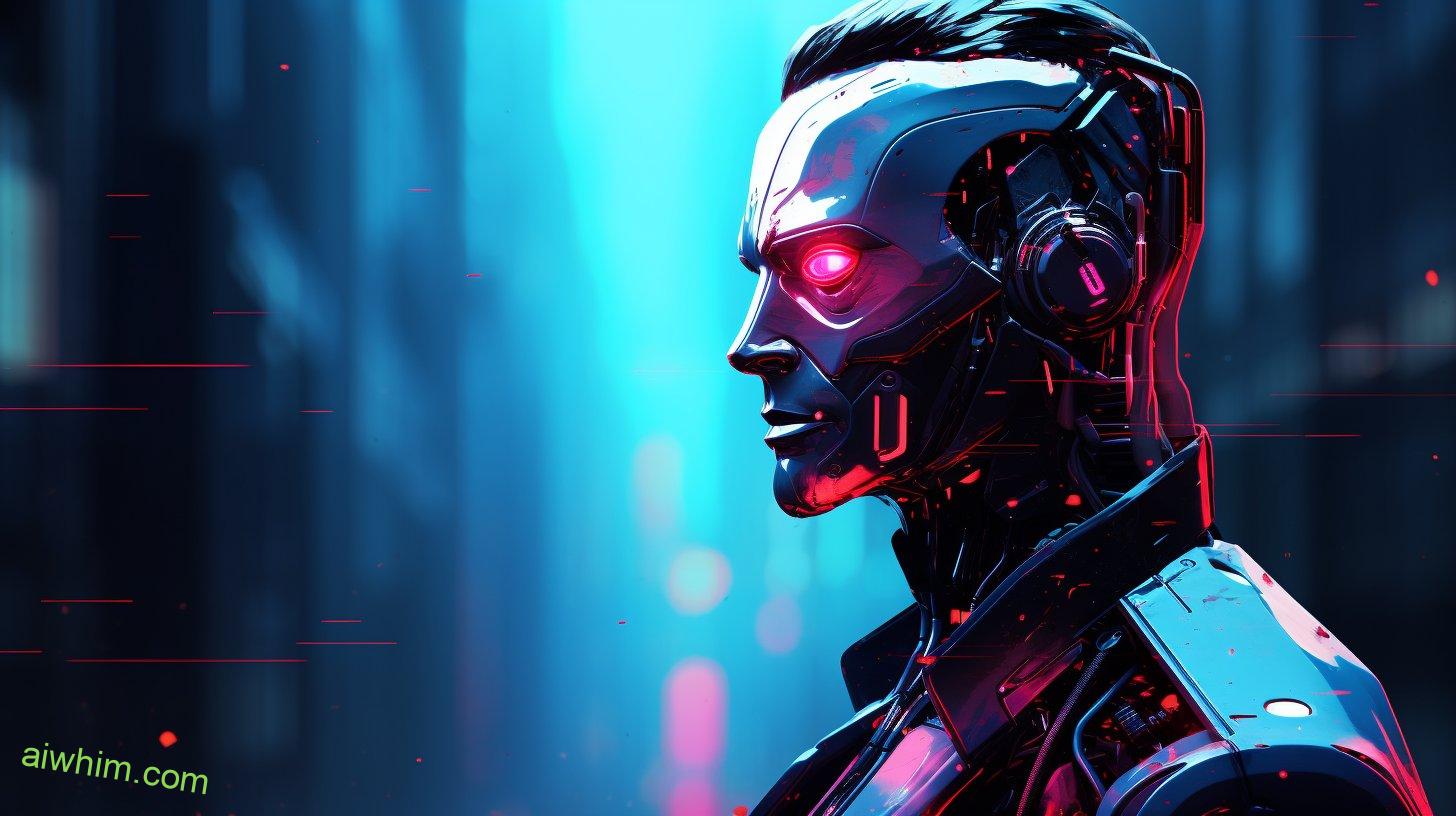
The Adaptability of Human Teachers
As a human teacher, your adaptability is key to meeting the ever-changing needs of your students and creating a dynamic learning environment. In today’s fast-paced world, where technology is advancing at an unprecedented rate, the importance of adaptability can’t be overstated.
While artificial intelligence (AI) has made significant advancements, it still has limitations in early childhood education. AI may be able to analyze data and perform certain tasks efficiently, but it lacks the human touch and emotional intelligence that are crucial in educating young children.
As a human teacher, you have the ability to connect with your students on a personal level, understanding their individual strengths, weaknesses, and unique learning styles. This deep level of understanding allows you to tailor your teaching methods to suit each student’s needs, fostering a sense of belonging and empowerment.
Additionally, adaptability allows you to adjust your teaching strategies in real-time, responding to the evolving needs of your students. Children come from diverse backgrounds and have different learning paces, and as a human teacher, you can adapt your lessons to accommodate these differences. You can modify your teaching style, provide additional support, or introduce new approaches to ensure that every child is included and engaged in the learning process.
On the other hand, AI in early childhood education is limited by its inability to understand human emotions, adapt to unforeseen circumstances, and provide the same level of personalized attention that a human teacher can offer. While AI may assist in certain aspects of teaching, it can’t replace the human connection and adaptability that are essential in creating a nurturing and engaging learning environment for young children.
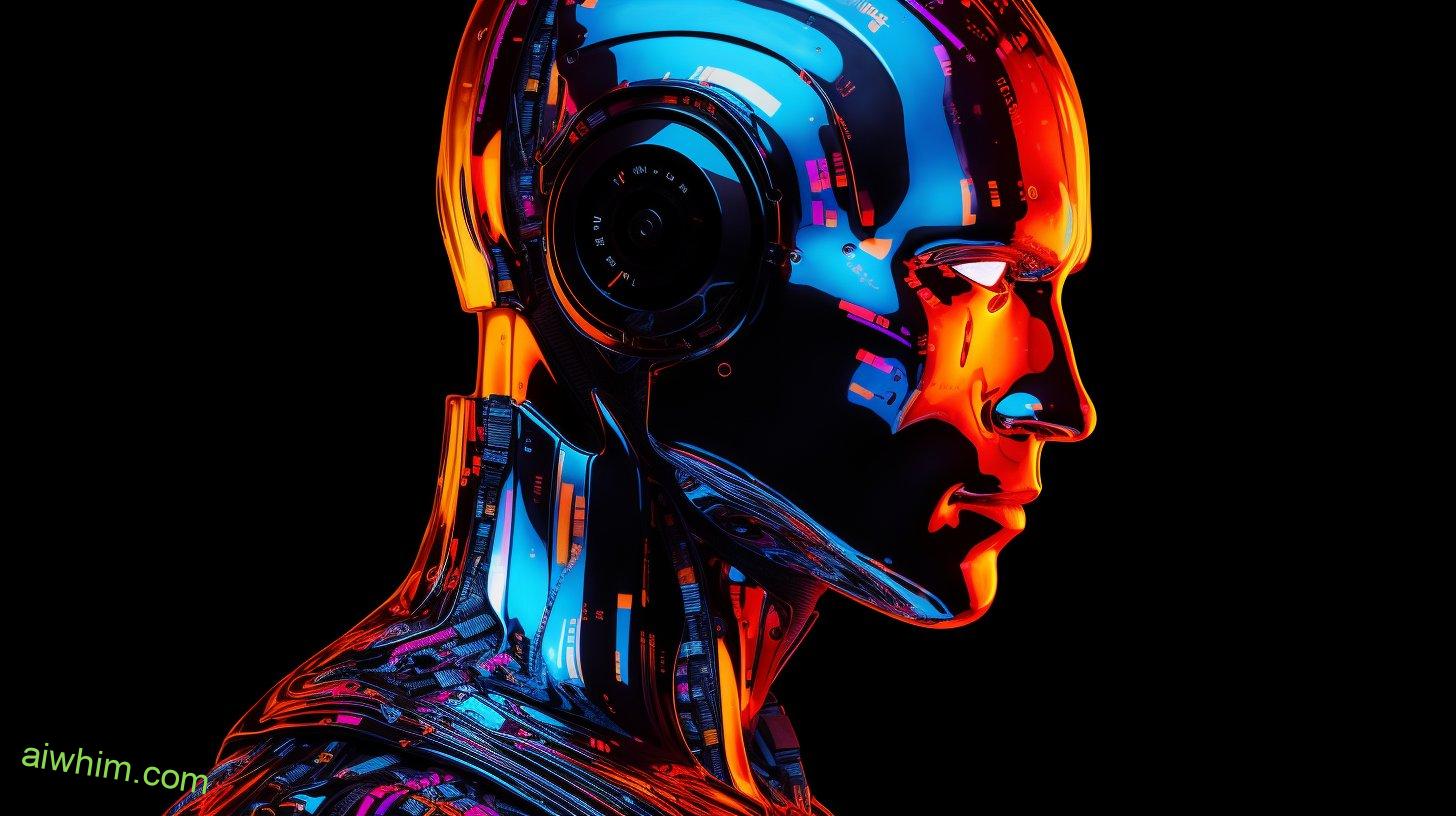
Balancing AI and Human Interaction in the Classroom
Finding the right balance between AI and human interaction in the classroom can enhance the learning experience for students. It’s important to utilize technology while also fostering social skills. Here are some ways to achieve this balance:
- Integrate AI as a tool, not a replacement: AI can be a valuable resource in the classroom, providing personalized learning experiences and instant feedback. However, it should never replace the role of a human teacher. By using AI as a tool, teachers can leverage its benefits while still maintaining their crucial role in guiding and supporting students.
- Encourage collaborative learning: While AI can provide individualized learning experiences, it’s equally important for students to interact with their peers. Encourage group discussions, projects, and activities that promote teamwork and collaboration. This allows students to develop important social skills such as communication, empathy, and cooperation.
- Create opportunities for face-to-face interaction: Despite the advancements in online learning, face-to-face interaction is irreplaceable. Plan activities that require students to engage with one another directly, such as classroom debates, presentations, or role-playing exercises. These interactions not only enhance social skills but also promote critical thinking and problem-solving.
- Emphasize the value of human connection: Remind students of the unique qualities that only human interaction can offer, such as emotional support, empathy, and understanding. Encourage open discussions about feelings and emotions, and create a safe and inclusive classroom environment where students feel comfortable expressing themselves.
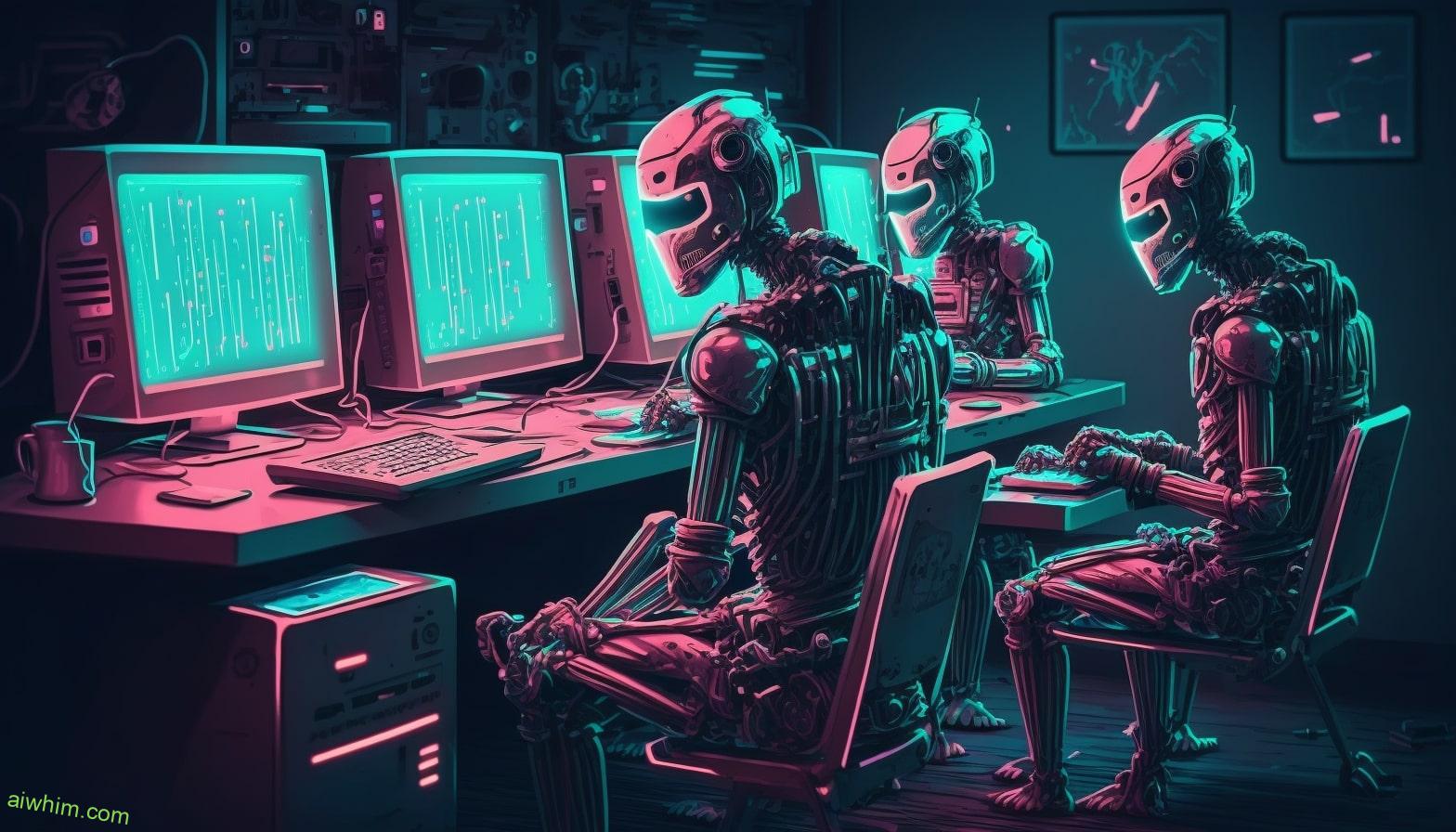
AI as a Tool, Not a Replacement for Kindergarten Teachers
Don’t underestimate the importance of your role as a kindergarten teacher, even with the integration of AI technology in the classroom. AI may have its advantages, but it’s important to remember its limitations as well. As a teacher, you bring a unique human touch that can’t be replicated by any machine.
One of the advantages of AI in the classroom is its ability to provide personalized learning experiences. With AI, you can create individualized lesson plans tailored to each student’s specific needs. AI can also provide real-time feedback, allowing you to track each student’s progress and address any areas of concern.
However, AI does have its limitations. While it can provide valuable insights and support, it can’t replace the emotional connection and social interaction that you, as a teacher, provide. Kindergarten is a crucial time for children to develop important social and emotional skills, such as empathy and cooperation. These skills are best learned through direct interaction with caring adults like you.
Additionally, AI technology isn’t infallible. It can encounter technical glitches or malfunctions, which can disrupt the learning process. As a teacher, you’re there to step in and provide alternative activities or engage students in meaningful discussions while any issues are resolved.
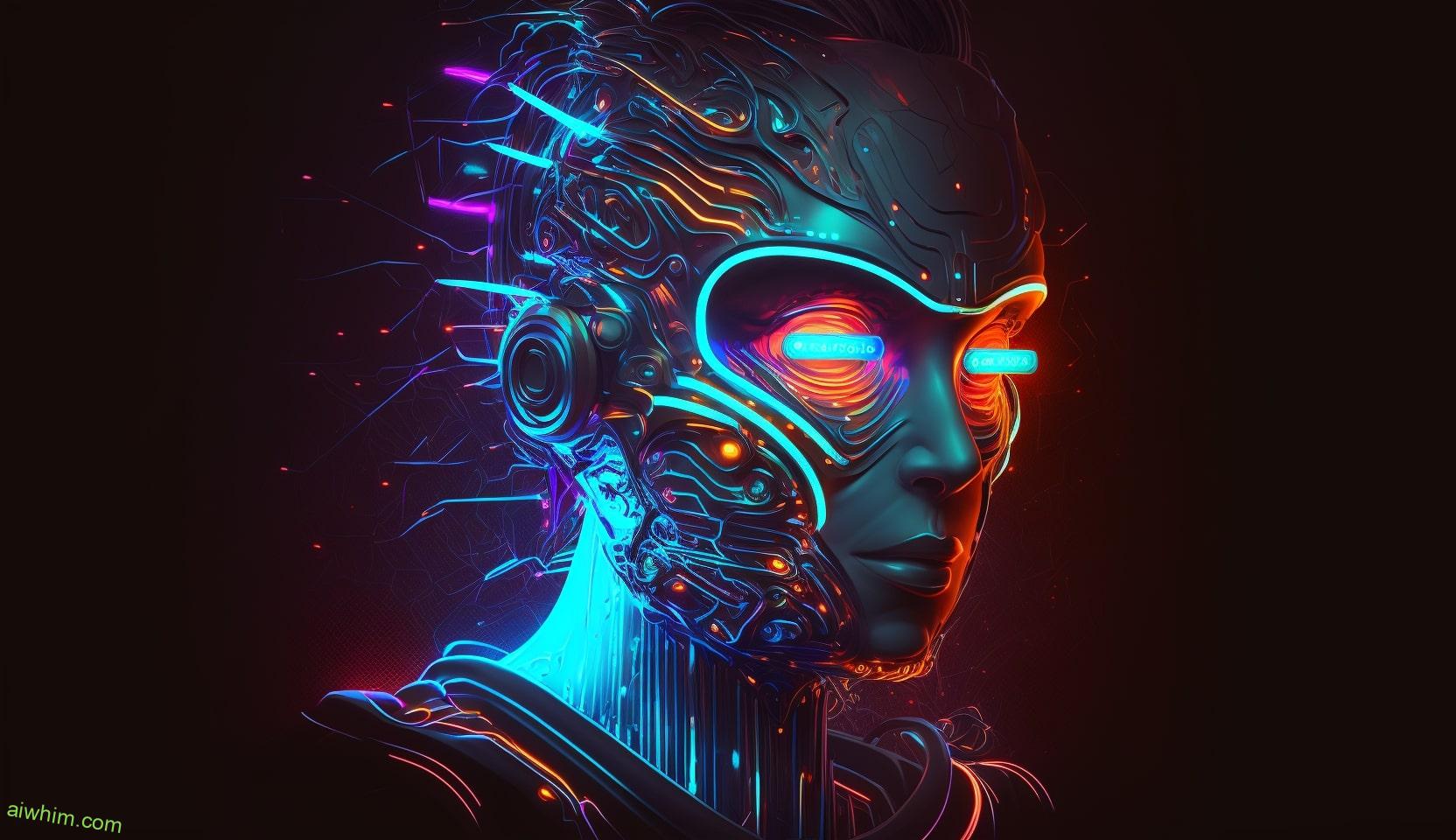
The Ethics of AI in Education
You should consider the ethical implications of integrating AI technology into education. As AI becomes more prevalent in classrooms, it’s crucial to examine the potential impact on student privacy and the potential bias in AI algorithms. Here are a few key points to consider:
- The impact of AI on student privacy: With the integration of AI technology in education, there’s a need to ensure that student privacy is protected. AI systems gather vast amounts of data on students, including personal information and academic performance. It’s important to establish clear guidelines and safeguards to protect this sensitive data from unauthorized access or misuse.
- The potential bias in AI algorithms: AI algorithms are designed to analyze data and make decisions. However, these algorithms can be influenced by biases present in the data they’re trained on. This can result in discriminatory outcomes, especially for marginalized students. It’s essential to address and mitigate any biases that may be present in AI algorithms to ensure fair and equitable education for all.
- Transparency and accountability: As AI technology becomes more integrated into education, it’s crucial to maintain transparency and accountability. Educational institutions should provide clear explanations of how AI systems are being used and ensure that they’re used responsibly and ethically. This will help build trust and ensure that AI is used to enhance education rather than replace human teachers.
- Continued human involvement: While AI has the potential to enhance education, it’s important to remember that it should never replace human teachers entirely. Human interaction and guidance are essential for the holistic development of students. AI should be seen as a tool to support teachers in their work, not as a substitute for their expertise and experience.
Considering the ethical implications of integrating AI technology into education is vital to ensure that students’ privacy is protected, biases are minimized, transparency is maintained, and human involvement is prioritized. By carefully addressing these ethical concerns, we can harness the full potential of AI in education while upholding the values of freedom and fairness.
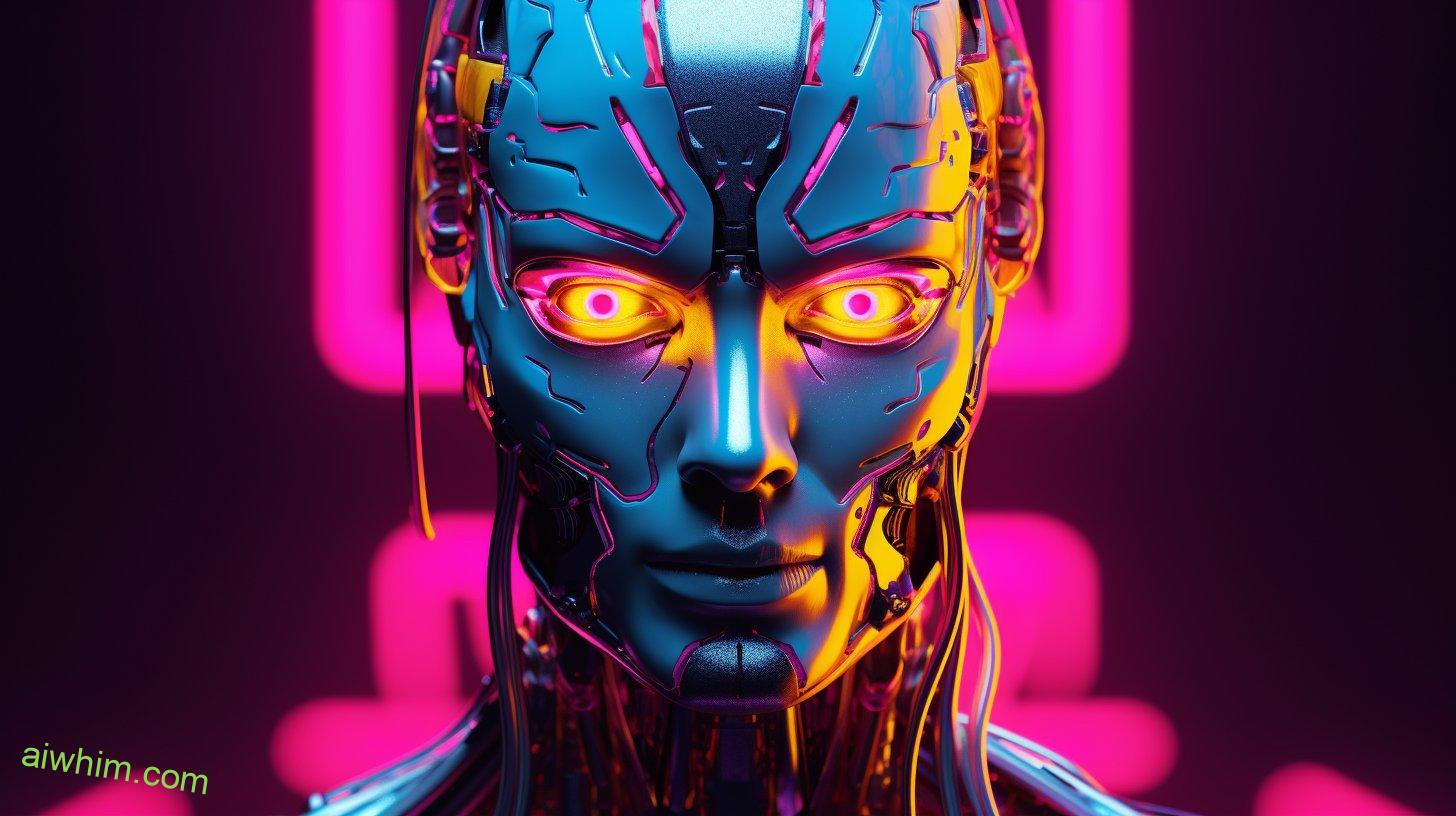
The Future of Kindergarten Teaching in the AI Era
In the AI era, kindergarten teaching must adapt to incorporate new technologies and prepare students for a rapidly changing world. As we embrace the advancements of artificial intelligence, it is crucial to consider the impact on social skills and the role of play in learning. While technology can enhance education, it is essential to maintain a balance that allows children the freedom to explore and develop their social and emotional skills.
| Impact on Social Skills | Role of Play in Learning | |
|---|---|---|
| 1 | Increased screen time and decreased face-to-face interaction may hinder the development of social skills. | Play is an integral part of a child’s cognitive, social, and emotional development. It fosters creativity, problem-solving, and collaboration. |
| 2 | AI can provide personalized learning experiences, but it cannot replace the human connection and empathy that teachers bring to the classroom. | Play allows children to make sense of the world around them, develop their imagination, and learn through hands-on experiences. |
| 3 | Teachers can use AI tools to assess students’ progress and provide tailored interventions, allowing for more individualized attention. | Play-based learning allows children to explore their interests, discover their strengths, and develop a love for learning. |
| 4 | Collaborative projects and group activities can be facilitated using AI platforms, promoting teamwork and communication skills. | Play provides a safe space for children to take risks, make mistakes, and learn from them, fostering resilience and perseverance. |
| 5 | Teachers play a vital role in guiding children’s social interactions, teaching empathy, and resolving conflicts. | Play encourages curiosity, critical thinking, and problem-solving skills, preparing children for future challenges in an ever-evolving world. |
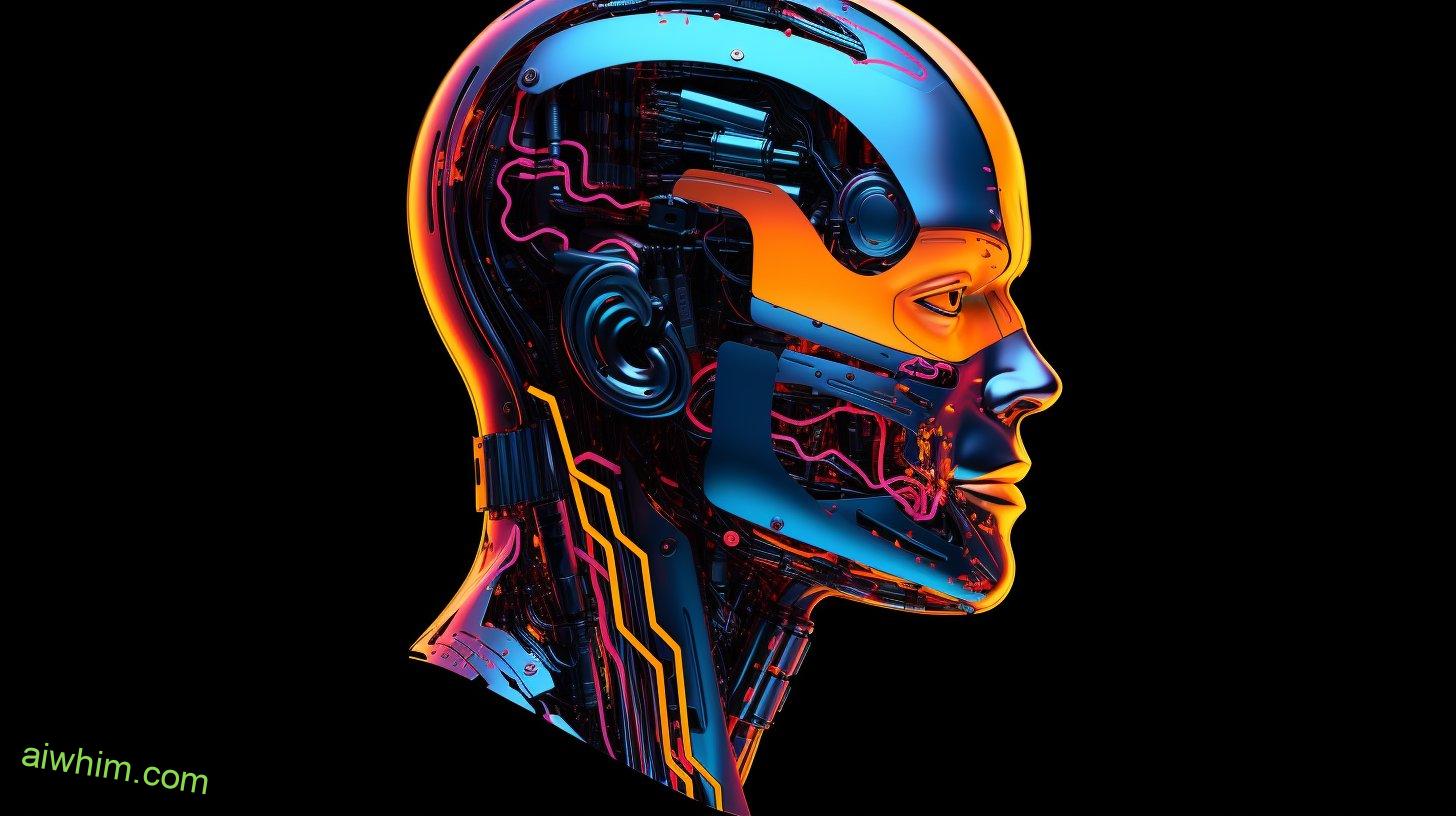
Embracing Innovation: Collaborative Approach to AI and Human Teaching
Collaboratively embracing innovation allows for a harmonious integration of AI and human teaching methods. In today’s rapidly evolving world, the role of technology in education has become increasingly important. Rather than viewing AI as a threat to teachers, a collaborative approach can lead to exciting possibilities and more effective teaching methods.
Here are four reasons why collaborative innovation is essential in integrating technology into the classroom:
- Enhanced Learning Experience: By combining AI tools with human teaching methods, students can benefit from a personalized and interactive learning experience. AI can provide real-time feedback and adapt instruction to meet individual student needs, while teachers can offer guidance and support, fostering a dynamic and engaging learning environment.
- Augmented Teaching: AI can assist teachers in administrative tasks, such as grading and lesson planning, freeing up their time to focus on building meaningful connections with students. With the help of technology, teachers can leverage their expertise and creativity to deliver high-quality instruction.
- Empowering Teachers: Collaborating with AI empowers teachers to be innovative and adaptable in their teaching strategies. They can leverage technology to access a vast array of resources, stay updated with the latest educational trends, and provide personalized instruction that meets the diverse needs of their students.
- Preparing Students for the Future: Embracing AI and integrating technology in the classroom prepares students for a tech-driven future. By incorporating AI tools, students develop critical thinking, problem-solving, and digital literacy skills that are essential for success in the 21st century.
In conclusion, collaborative innovation is vital in integrating technology into education. By embracing AI and combining it with human teaching methods, we can create an environment that empowers both teachers and students, preparing them for a future where technology plays a significant role.
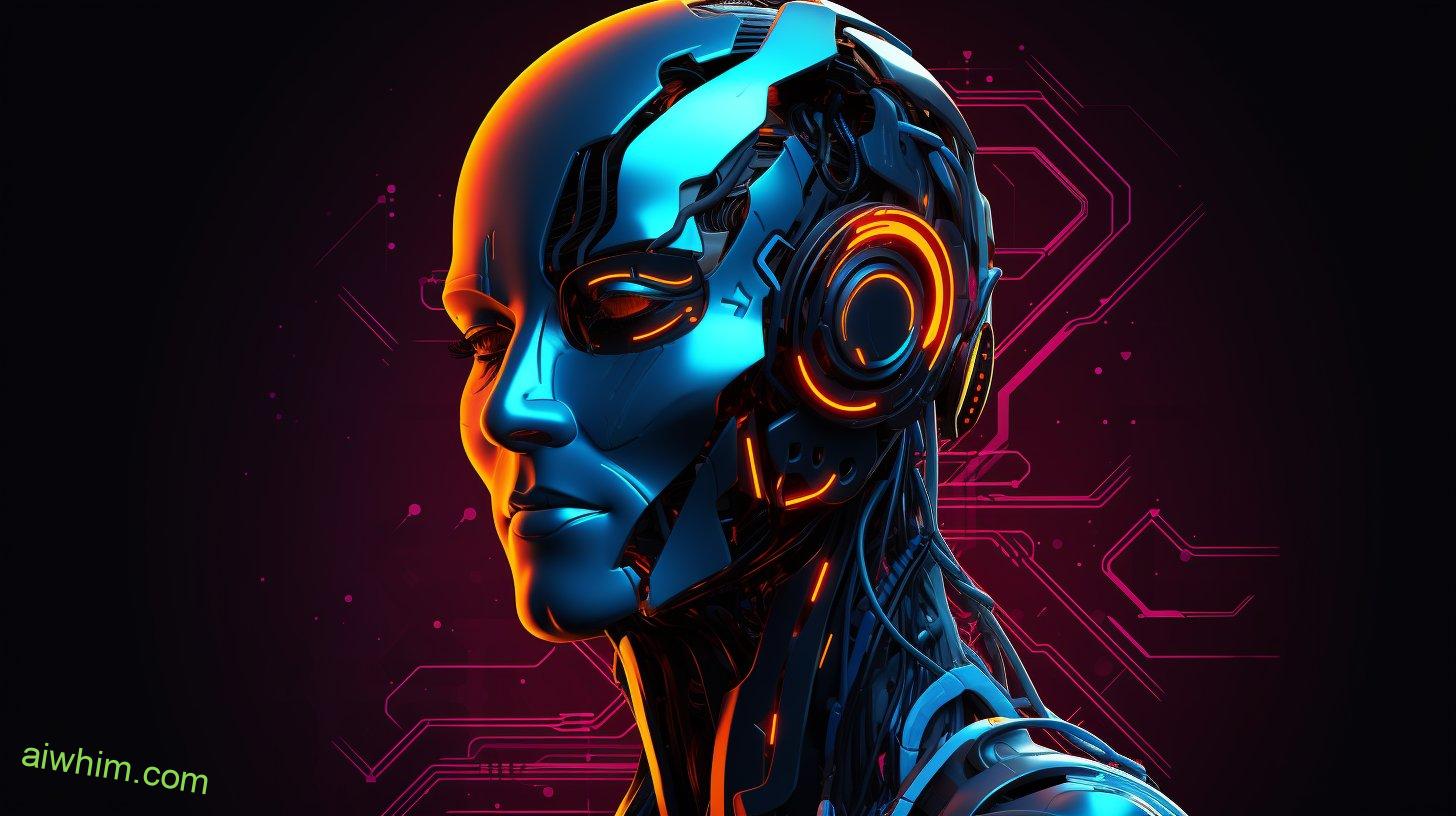
Frequently Asked Questions
How Can AI Technology Be Used to Enhance Early Childhood Education?
AI technology can enhance early childhood education by providing AI-driven interactive learning experiences. Incorporating AI in education can bring several benefits, such as personalized learning, increased engagement, and access to a wide range of educational resources.
What Are Some Recent Advancements in AI Technology That Are Relevant to Kindergarten Classrooms?
Recent advancements in AI technology have brought forth AI-powered interactive learning tools that engage kindergarten students and AI-based student assessment methods that provide personalized feedback. Embrace the freedom of these innovative tools in your classroom.
How Does Machine Learning Contribute to the Teaching and Learning Process in Kindergarten Classrooms?
Machine learning applications in kindergarten classrooms can enhance the teaching and learning process. Incorporating AI in early childhood education offers benefits like personalized instruction, interactive learning experiences, and real-time feedback, making it a valuable tool for educators.
How Does Natural Language Processing Help With Assessing Student Performance in Early Childhood Education?
Using AI-based assessment tools, natural language processing in early childhood education provides accurate and efficient evaluation of student performance. This benefits teachers by saving time and allowing more personalized instruction, enhancing the learning experience.
Can AI Provide Personalized Instruction to Kindergarten Students?
AI can provide personalized instruction to kindergarten students, but it may impact social development and raise ethical concerns in early childhood education. However, it’s important to consider the freedom of choice in utilizing AI.
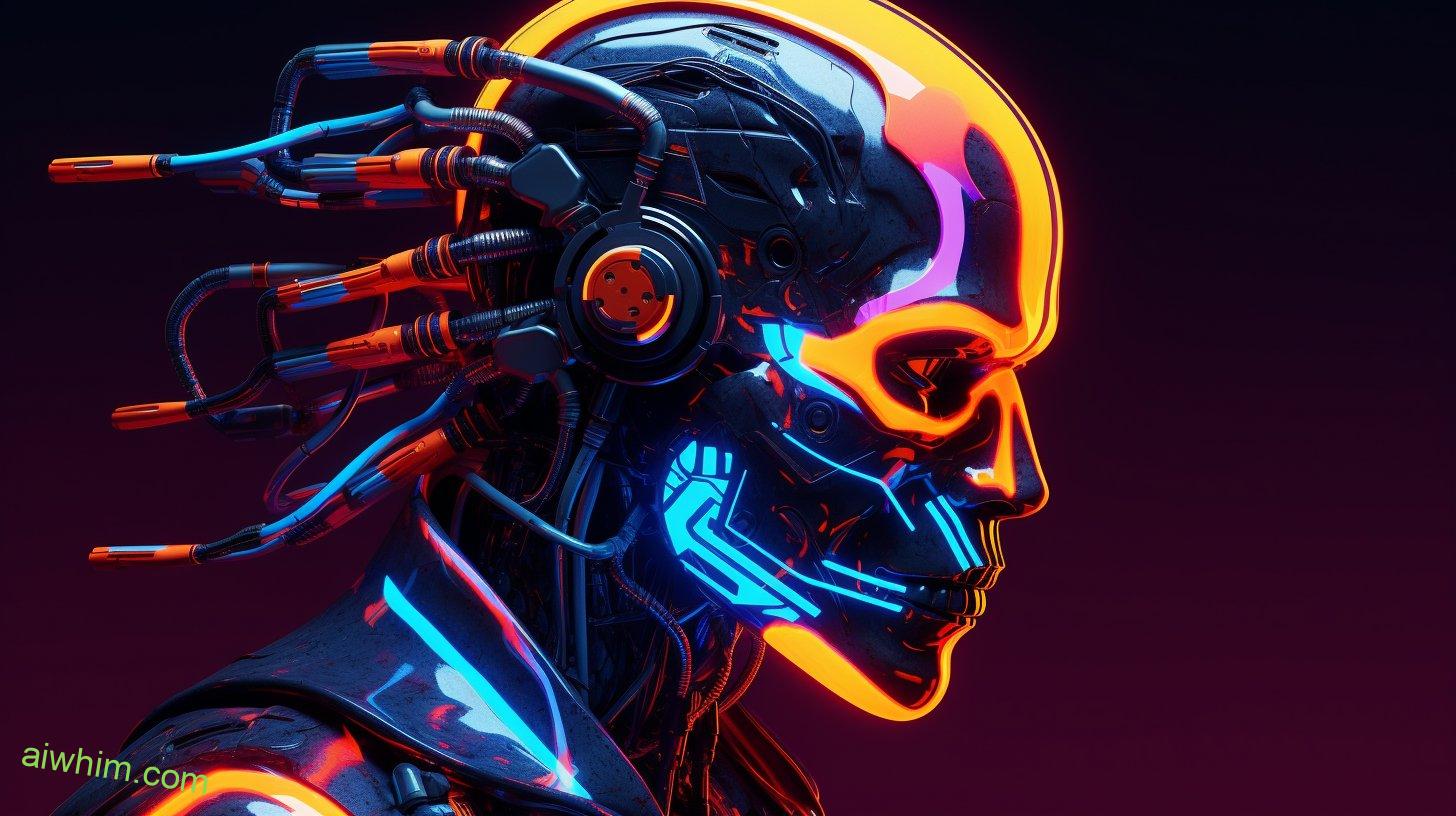
Conclusion
As AI continues to advance in the field of early childhood education, there’s an air of suspense surrounding the role of kindergarten teachers. Will AI render them obsolete?
While AI technology can enhance classrooms with machine learning and natural language processing, it can’t replace the human touch and individualized instruction provided by teachers.
As we embrace the innovation of AI, a collaborative approach between technology and human teaching is essential for the future of kindergarten education.

